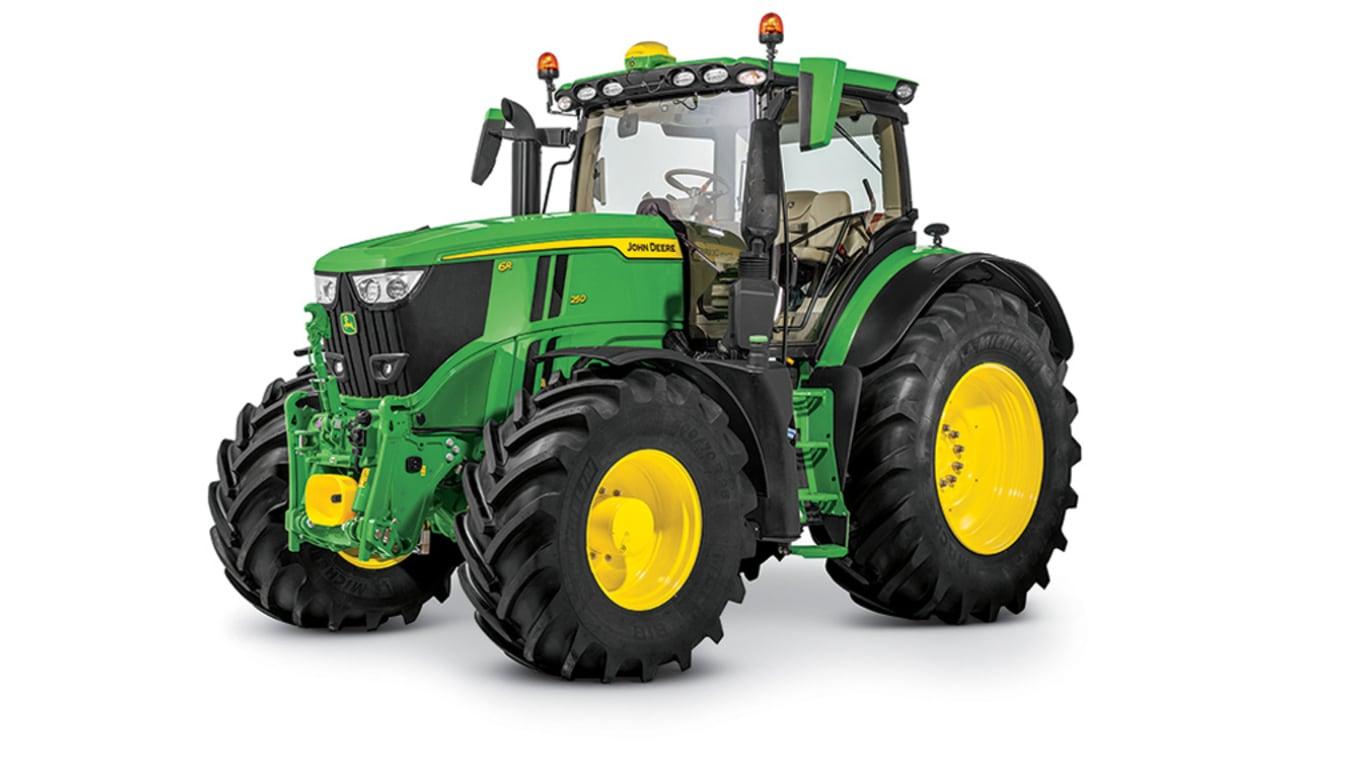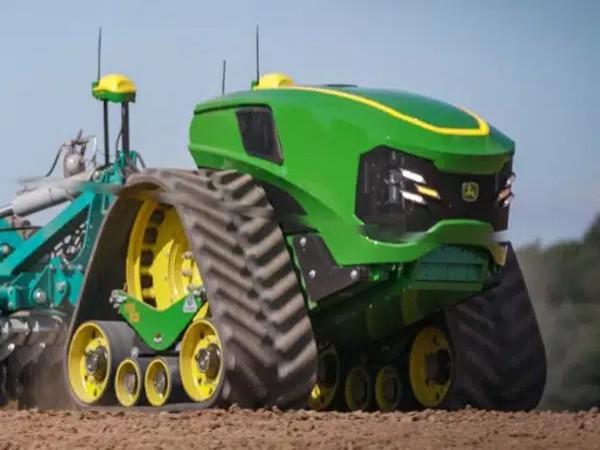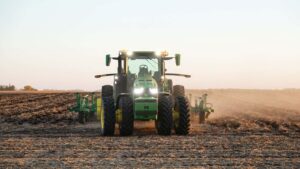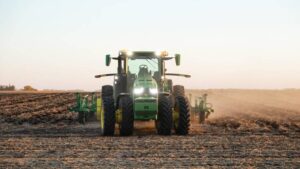In the ever-evolving landscape of agricultural technology, John Deere is set to redefine farming’s future with its groundbreaking autonomous and fully electric tractor. Slated for release by 2026, this powerhouse in the 75-100 horsepower range promises to revolutionize how farmers interact with their land, blending cutting-edge innovation with sustainable practices. As traditional farming methods give way to smart, precision-driven solutions, this next-generation machine stands as a testament to the transformative potential of modern engineering and agricultural science. The agricultural landscape is set to undergo a revolutionary transformation with John Deere’s groundbreaking commitment to autonomous and electric tractor technology. By 2026, farmers can expect a powerful 75-100 horsepower machine that represents the pinnacle of precision agriculture and sustainable farming practices.
Cutting-edge electric powertrain technology will drive this innovative tractor, eliminating diesel fuel dependency and significantly reducing carbon emissions. The autonomous capabilities will leverage advanced sensor arrays, machine learning algorithms, and real-time GPS positioning to navigate complex agricultural terrains with unprecedented accuracy.
Precision agriculture reaches new heights with this technological marvel. Integrated AI systems will enable the tractor to perform complex field operations with minimal human intervention. Farmers can program specific tasks, monitoring operations remotely through sophisticated digital interfaces that provide real-time performance analytics and diagnostic information.
The electric design brings multiple advantages beyond environmental sustainability. Lower operational costs, reduced maintenance requirements, and near-silent operation represent significant improvements over traditional agricultural machinery. Farmers can expect reduced fuel expenses and minimal mechanical complexity compared to conventional diesel tractors.
Advanced sensor technology will enable the tractor to detect obstacles, adjust working parameters dynamically, and optimize field performance. Machine learning algorithms continuously improve operational efficiency, learning from each completed task and adapting to varying agricultural environments.
Connectivity features will allow seamless integration with farm management software, enabling comprehensive data collection and analysis. Farmers can track productivity metrics, soil conditions, crop health, and equipment performance through integrated digital platforms.
Battery technology developments ensure extended operational periods, with rapid charging capabilities and potential battery swapping mechanisms. The tractor’s design emphasizes modularity, allowing easy component upgrades and future technological integrations.
Sophisticated safety systems will include multiple redundant mechanisms, ensuring operator and environmental protection. Proximity sensors, automatic emergency stop functions, and comprehensive obstacle detection represent critical safety innovations.
This technological leap demonstrates John Deere’s commitment to transforming agricultural practices. By combining electric propulsion, autonomous capabilities, and advanced data analytics, the company is positioning itself at the forefront of agricultural innovation.
Farmers can anticipate a machine that not only reduces environmental impact but also enhances productivity, precision, and operational efficiency. The 2026 autonomous electric tractor represents more than a technological advancement – it symbolizes the future of sustainable, intelligent farming.








